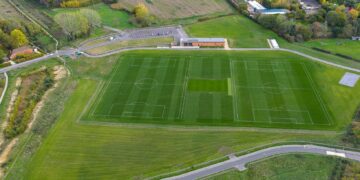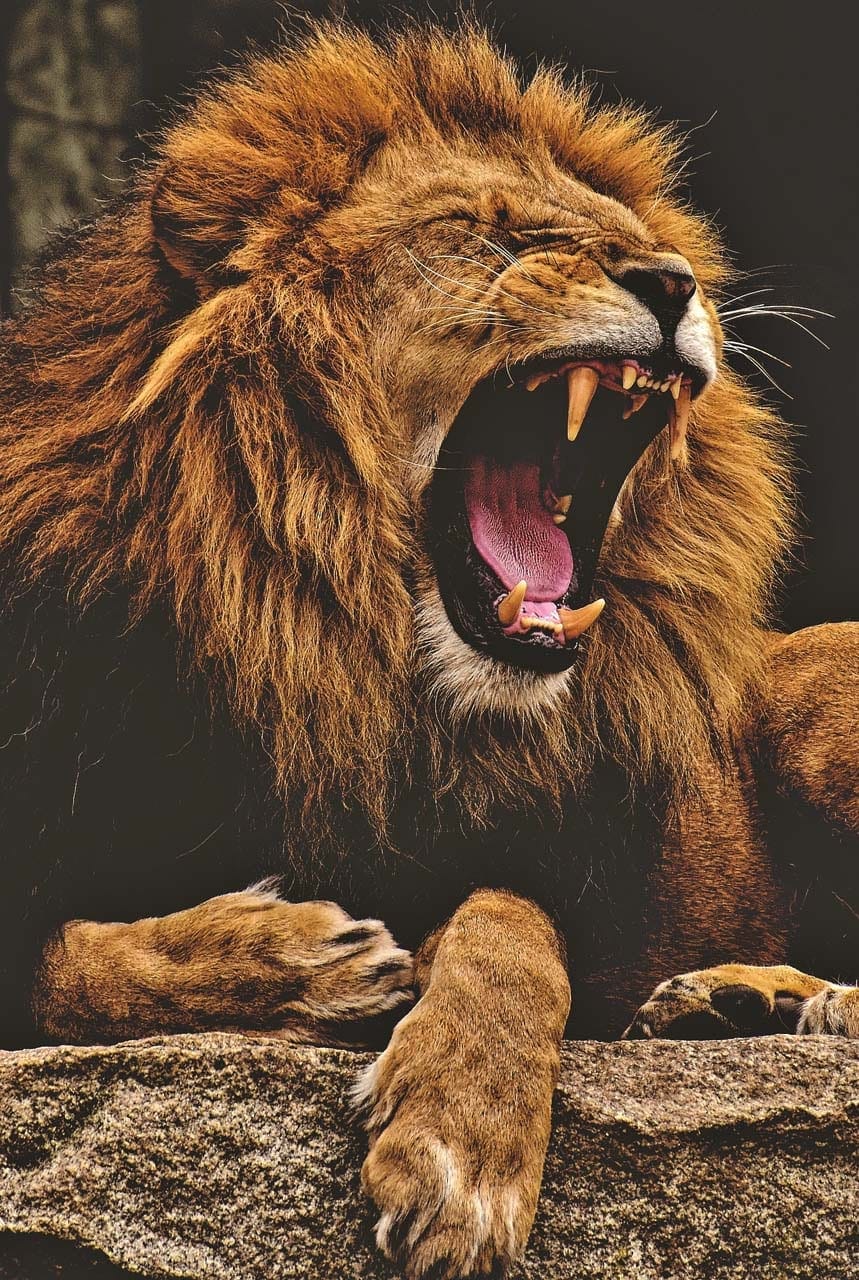MANY of us have treasured pets: all creatures great and small captivate us. But it turns out that for some Berkshire residents, walkies with Fido is not enough.
Nor is feeding Fred the goldfish, or discovering that Kitty is ready to turn her nose up as the cheap supermarket food, and will only eat the gourmet blend.
It turns out that there are 43 wild animals classified as dangerous being kept in Berkshire homes – and there are 4,000 across Great Britain.
The list includes 10 wolves, and 33 primates including Ring-tailed lemurs, Hamadryas baboons, and Rhesus macaques.
The good news is that they are all licenced and being looked after by their owners.
But conservation charity Born Free is calling on the UK Government to immediately review the law and put a stop to some of the world’s most remarkable, but often deadly, creatures being kept as ‘pets’ in unsuitable captive conditions.
These include, across GB, 320 wild cats including tigers, lions, leopards and pumas.
There are also 158 crocodilians in care and 332 scorpions as well as, and you might forget this, two elephants.
Other species that are being kept as pets or in private collections in the UK include zebras, camels, fossa (a kind of civet), hyaena, sun bears, wolves, and otters.
Dr Mark Jones, Veterinarian and Born Free’s Head of Policy, states: “Born Free has been collating and analysing DWA data for over 20 years.
“Since the millennium the wild animal welfare and conservation charity has seen a dramatic
increase in the number of exotic pets in private ownership, including a 94% increase in the number
of venomous snakes, 57% increase in wild cats, 198% increase in crocodilians and over a 2,000% increase in scorpions.
“However, these figures are likely to represent only the tip of the iceberg.
“They only record those animals being kept and registered with a DWA licence.
“Born Free believes that many additional dangerous wild animals are being kept without a licence.”
Currently, under the Dangerous Wild Animals Act 1976, anyone in Britain can keep a dangerous wild animal as long as they obtain a licence from their Local Authority.
Born Free says that the licencing process requires the applicant to demonstrate that their animals are properly contained so as to prevent escape and protect the public, but this does little to ensure the welfare of the animals or the protection of the owner or anyone else visiting the property.
Dr Mark Jones said: “It is unbelievable that, in this day and age, so many dangerous animals, including big cats, large primates, crocodiles and venomous snakes, are in private ownership in the UK. Increasing demand for all kinds of wild animals as exotic pets puts owners and the wider public at risk of injury or disease.
“It also results in serious animal suffering, and the demand increases the pressure on many wild populations which are often already under threat.”
To find out what dangerous animals are living in other counties across the UK you can use Born Free’s interactive map on its website – www.bornfree.org.uk/dwamap.
An ITV documentary on dangerous wild animals in the UK is coming soon.
Perceiving The World – Lions Exceptional Eyesight – Hearing And Smell











































